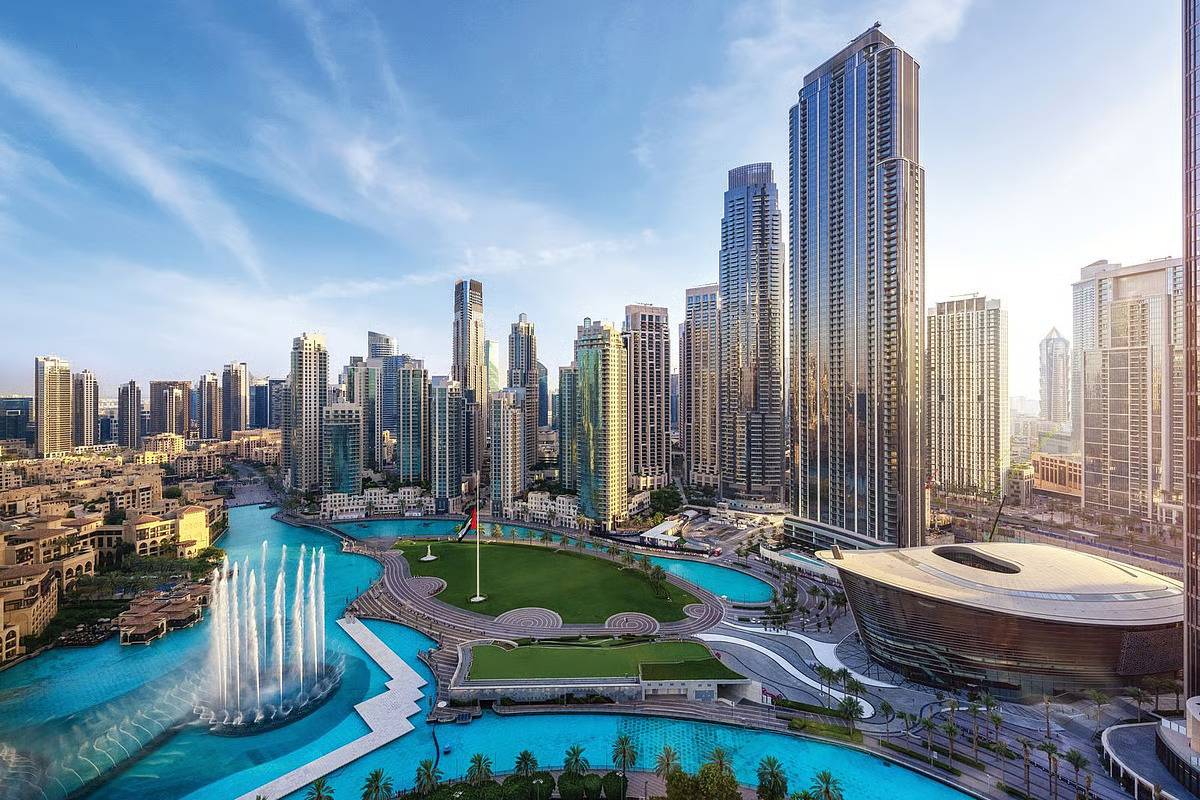
Dubai’s real estate market has long been a beacon of stability and opportunity in the Middle East. As regional tensions simmer or escalate — from geopolitical friction in neighboring countries to economic unrest across emerging markets — investors increasingly view Dubai as a safe harbor. This regional instability paradoxically strengthens Dubai’s property sector, as capital seeks refuge in a more secure, regulated, and globally connected environment.
1. Understanding the Regional Instability Effect
Regional instability refers to political unrest, economic volatility, or conflict in nearby regions such as Lebanon, Syria, Iraq, Iran, Palestine, or parts of North Africa. These disruptions typically trigger capital flight, currency devaluation, and uncertainty, pushing individuals and businesses to move their money — and sometimes themselves — to safer jurisdictions.
Dubai, with its:
- Strong governance
- Modern infrastructure
- International legal framework
- Freehold ownership rights
- Tax-free income
- Relative neutrality in geopolitical conflicts
…stands out as a prime destination for capital preservation and lifestyle migration.
2. The Safe Haven Dynamic
The influx of capital during times of instability is not new. Historically, each regional crisis has triggered spikes in Dubai’s real estate activity:
- 2006–2009: Lebanese investors moved capital following internal political unrest.
- 2011: Arab Spring led to a surge in buyers from Egypt, Tunisia, and Syria.
- 2019–2022: Lebanese currency collapse, Iranian sanctions, and instability in Iraq and Sudan pushed UHNWIs toward Dubai’s luxury segment.
- 2024: The Gaza-Israel conflict and concerns over regional military escalations resulted in stronger demand for safe assets in the UAE.
Each cycle reinforces Dubai’s positioning as the Switzerland of the Middle East — politically neutral, economically liberal, and future-focused.
3. The Role of Resident Investors in Market Resilience
An underappreciated force in Dubai’s current property cycle is the resident investor — individuals who live in Dubai, earn in AED or USD, and are deeply familiar with the local market. These include:
- Entrepreneurs who relocated businesses to the UAE post-COVID
- Wealthy individuals from volatile regions who now reside in Dubai
- Long-term expats taking advantage of Golden Visas and 0% income tax
- Professionals investing in off-plan or short-term rental properties
Why Resident Investors Matter:
- Speed & Confidence: They are faster decision-makers because they know the market first-hand.
- Reinvestment Loop: Rental income or business profits are often reinvested locally.
- Non-Transactional Behavior: Unlike some offshore investors who may flip for gain, resident investors are more likely to hold for capital preservation, legacy planning, or yield.
- Stability During Global Tightening: While rising global interest rates cooled some markets, resident investors continued to buy in cash or with favorable local financing.
In the face of regional instability, these resident investors become the market’s anchor — absorbing inventory, supporting price floors, and maintaining transaction volumes.
4. The International Investor’s Dilemma: Crowded Out or Reassured?
International investors — from Europe, Asia, and the Americas — are not disappearing. In fact, they’re increasingly attracted by Dubai’s ROI potential (5–8% yields in prime areas), political neutrality, and strong infrastructure. However, the new reality is:
- Price Sensitivity: Some offshore investors now perceive prime Dubai real estate as “expensive” due to rapid appreciation over the past 2 years.
- Currency Considerations: The strength of the USD-pegged AED may make it harder for buyers from countries with weak currencies (e.g., GBP, EUR, JPY).
- Visa & Regulatory Barriers: Investors who do not reside in Dubai may face hurdles with financing or property management.
But Regional Instability Still Boosts Demand:
- Many international investors view Dubai as a counter-cyclical play — when volatility hits their home markets, they look to Dubai for diversification.
- For family offices and UHNWIs, Dubai becomes a secondary or tertiary base — buying villas in Emirates Hills or Palm Jumeirah as a hedge.
In essence, regional instability is not pushing international capital away — it’s forcing it to competewith well-positioned resident investors who are increasingly sophisticated, cash-rich, and opportunistic.
5. Future Outlook: Strategic Shifts and Long-Term Implications
Resident Investors Will Continue to Dominate
As Golden Visas, business-friendly reforms, and tax policies continue to attract regional and international migration, the base of resident investors will expand. Expect:
- More multi-unit buyers (especially off-plan bulk deals)
- Greater participation in mid-market and luxury segments
- Rise of resident-led syndicates and family offices
International Investors Will Become More Selective
Rather than general market participation, foreign capital will concentrate in:
- Trophy assets (signature penthouses, branded residences)
- Income-producing properties in regulated zones (Downtown, Dubai Marina, DIFC)
- Institutional-grade assets in commercial or hospitality sectors
Conclusion: A Market Reinforced by Volatility
Ironically, regional instability has become a catalyst for Dubai’s real estate growth. While some global investors may hesitate, the wave of resident capital, coupled with Dubai’s robust urban planning and regulatory framework, is driving a more mature, sustainable market.
Rather than overheating, Dubai is evolving into a regional capital preservation hub, where money doesn’t just land — it stays, grows, and compounds.